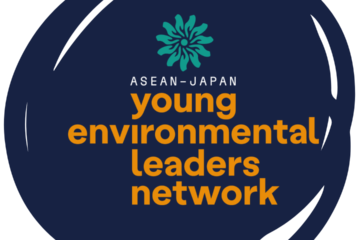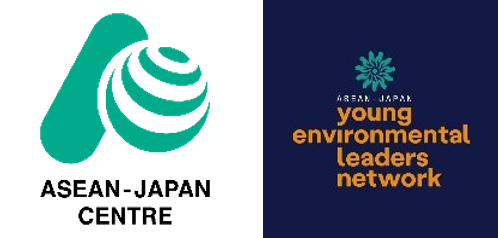
Reported by: Maeve Dizon, Jana Sofia Hupp, Mark Russell Lagunsad, and Rex Angelo Monreal
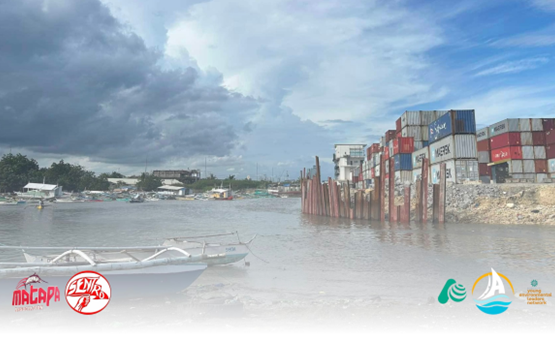
1. Key takeaways
- Community Engagement: Successfully established a relationship with the MATAPA Fisherfolk Community
- Data Collection: Gathered valuable data on daily fish catch trends, community needs, and environmental challenges
- Community Awareness: Raised awareness among the community living near the area about marine plastic pollution and potential solutions
2. Activity information
On August 26, the SEAlayan Network successfully reached out to the MATAPA (Mananagat sa Talisay Pamo Association) Fisherfolk Community in Tangke, Talisay City, Cebu, Philippines. The 45 participants who attended included the fishermen, their wives and children. We intended to share with them our project and intended outcomes. We emphasized establishing a long-term, supportive relationship, acknowledging that the community’s systematic issues cannot be resolved overnight.
During the visit, we gathered critical information, such as the daily fish catch data over the years, which highlighted a clear decline. Additionally, we conducted surveys with the fisherfolk, identifying their ongoing struggles and concerns, laying the foundation for targeted assistance.
The visit also included an on-site survey of the area they reside in, which is more or less an estuary and in front of where their boats stay is a big company. This allowed us to directly observe the situation and engage with the fisherfolk in an informal setting. We capped off the visit by sharing snacks, fostering a welcoming atmosphere for future interactions.
The activity was co-organized with SENTRO or Sentro ng mga Nagkakaisa at Progresibong Manggagawa, which is a labor-centered non-government organization. In this project, they act as mediators and chaperones, leveraging their strong connections with fisherfolk communities in Cebu. SENTRO helps bridge the SEAlayan Network’s efforts with the community and ensures smooth communication between all parties involved.
We also collaborated with MATAPA: The Mananagat sa Talisay Pamo Association (MATAPA), which is a fisherfolk organization based in Tangke, Talisay City, Cebu. MATAPA represents local fisherfolk who are facing environmental and livelihood challenges, particularly due to pollution and large-scale infrastructure projects in the area. These issues have forced them to fish in farther, less resource-efficient areas, negatively affecting their livelihoods. MATAPA is the primary community beneficiary of SEAlayan’s project to turn plastic waste into useful products, and they are active partners in the implementation of the project.
3. Activities implemented
- Educational Talk: The educational talk served as an introductory meeting between the SEAlayan Network and the MATAPA group, with mediation by a SENTRO correspondent. During this session, the SEAlayan team introduced their organization, explained the nature of their work in coastal communities like MATAPA, and highlighted their specific projects. The primary focus was on the keynote project, which involves converting plastic waste into filament. The team discussed the science and process behind this innovation and how it could be applied in MATAPA to help address pollution issues.
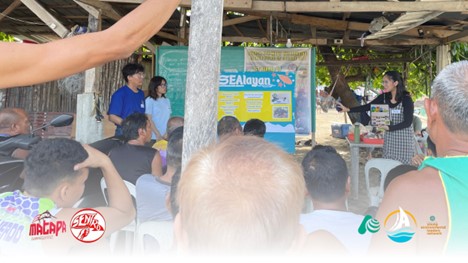
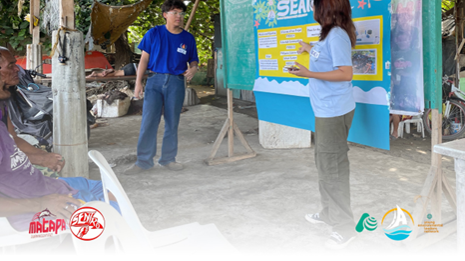
- Participant Interviews: The participants were very receptive and eager to collaborate with the SEAlayan Network. They expressed interest in the plastic-to-filament project and were willing to assist in adapting it to their community’s specific needs. The fisherfolk shared their experiences, describing how pollution has affected their livelihood, even showcasing records of their declining catches. The children and spouses of the fisherfolk were also present and were excited about the potential to repurpose waste into something beautiful and useful. The participants welcomed the SEAlayan team warmly and gave them a tour of the area, openly discussing their challenges.
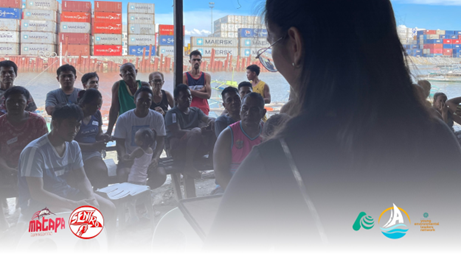
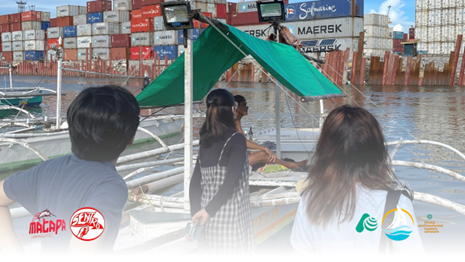
Feedback from the fisherfolks:
“Its now even harder to get the fishes because it gets stuck with the plastics, and instead of dragging back fishes, we drag back plastics.”
“So many fishes that we catch have plastics inside them”
- Site Visits/On-Site Survey of the Community
Onsite Survey: The survey revealed a significant amount of plastic trash scattered across the area, primarily washed up from the ocean. Despite regular clean-up drives conducted by the community, the influx of waste is relentless. Additionally, a nearby reclamation project by a large company is exacerbating the pollution problem, further impacting the environment and the livelihood of the fisherfolk.
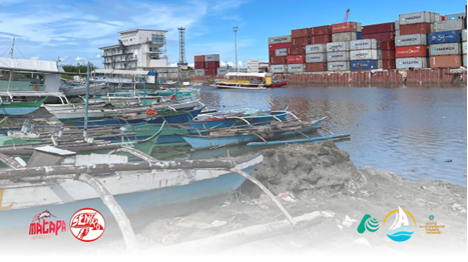
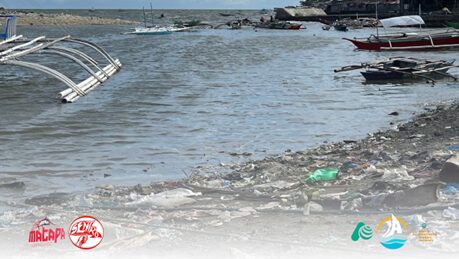
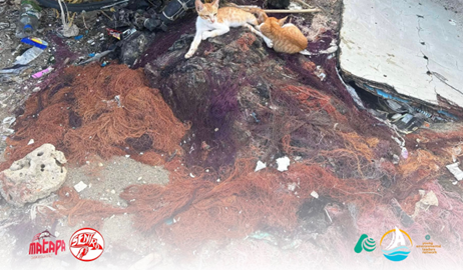
4. Outcome
- The fisherfolk community were truly grateful that we visited their community and listened to their concerns. They hope that our project could really benefit them and reduce the plastics and garbage in their area. Overall, they appreciate the information, educational talks, and support SEAlayan Network provided.
- Positive feedback on the educational talks, information/data gathered, and the overall project of SEAlayan Network.


